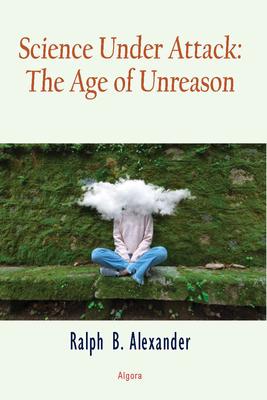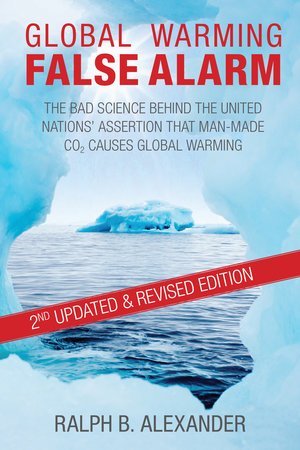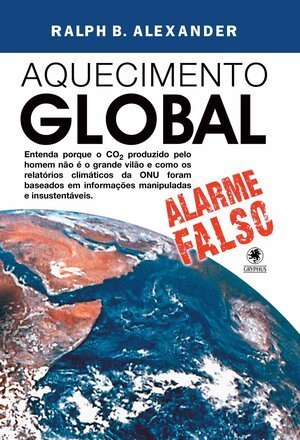Measles or Autism? False Choice, Says Science
/Perhaps nowhere is the attack on science more visible than in the opposition to vaccination against infectious diseases such as hepatitis, polio and measles. To anti-vaxxers, immunizing a child with the measles vaccine is a choice between sentencing him or her to the lifelong misery of autism, or exposing the child to possible aftereffects of a disease that the youngster may never contract. This view, passionately held by a substantial minority of the population, is completely at odds with the logic and evidence of science.
Despite the insistence of anti-vaccinationists to the contrary, there’s absolutely no scientific evidence of any linkage between vaccines and autism. The myth connecting them was first suggested by U.S. activist Barbara Loe Fisher in the 1980s. It gained steam when British gastroenterologist Andrew Wakefield claimed in a 1998 study that 8 out of 12 children in the study had developed autism symptoms following injection of the combination measles-mumps-rubella (MMR) vaccine.
But Wakefield’s paper in the prestigious medical journal The Lancet was slowly discredited until, in 2011, the journal’s editors took the unprecedented step of declaring the paper fraudulent, saying that Wakefield had falsified his data. Die-hard anti-vaccinationists refused to accept this conclusion, despite Wakefield’s medical license being subsequently revoked by the UK General Medical Council, who found that his fraud was compounded by ethical lapses and medical misconduct in the same study.
The autism episode generated worldwide publicity and led to thousands of court cases in a special U.S. Vaccine Court set up as part of the National Vaccine Injury Compensation Program. To cope with the enormous caseload, the court assigned three special masters to hear just three test cases on each of two theories: that autism was caused by the MMR vaccine together with a mercury-based preservative known as thimerosal, or that it was caused by thimerosal-containing vaccines alone.
In 2009 and 2010, the special masters unanimously rejected both contentions. But they emphasized that their decisions had been guided only by scientific evidence, not by the poignant stories of autistic children. One of the masters declared in her analysis:
“Sadly, the petitioners in this litigation have been the victims of bad science, conducted to support litigation rather than to advance medical and scientific understanding of autism spectrum disorder. The evidence in support of petitioners’ causal theory is weak, contradictory, and unpersuasive.”
Yet, despite the Vaccine Court’s findings in the U.S. and The Lancet’s accusation of fraud against Wakefield in the UK, anti-vaccinationists continue to connect the MMR vaccine to autism. In 2016, Wakefield directed a documentary, “Vaxxed,” alleging that the U.S. CDC (Centers for Disease Control and Prevention) covered up contrary data in a 2004 study that drew the same conclusions as the Vaccine Court and numerous epidemiological studies. His allegations were baseless, however, as the 2014 research paper behind his outrageous claim was subsequently retracted.
According to CDC statistics, autism spectrum disorder afflicted 1 in 59 U.S. children in 2014. Diagnosis of the condition can be devastating and highly stressful for the desperate parents of an autistic child, who naturally tend to grasp for explanations and are often quite willing to believe the hype about vaccination. Currently, the causes of autism remain unknown, although several risk factors have been identified: certain genetic conditions have been implicated, and it’s thought that exposure during pregnancy to toxic chemicals such as pesticides, or to bacterial or viral infections, plays a role.
While there’s no medical evidence tying autism to vaccines, it’s also true that serious adverse reactions to a vaccine shot do occur occasionally – typically about once in every one million vaccinations. Negative and occasionally fatal reactions to various vaccines have been documented in approximately 400 research papers. But these 400 cases need to be weighed against the hundreds of millions of vaccine doses administered every year in the U.S. without any reported side effects, cases that aren’t even worth studying.
And the odds of suffering an adverse reaction have to be compared with the risk of contracting the disease itself. One of 1,000 children who get the measles, for instance, will end up with encephalitis, which can have devastating aftereffects such as seizures and mental retardation; some children still die from measles, often after getting pneumonia. It’s a lot less dangerous to subject a child to an MMR shot than risk exposing the child to a disease as contagious and potentially deadly as measles.





